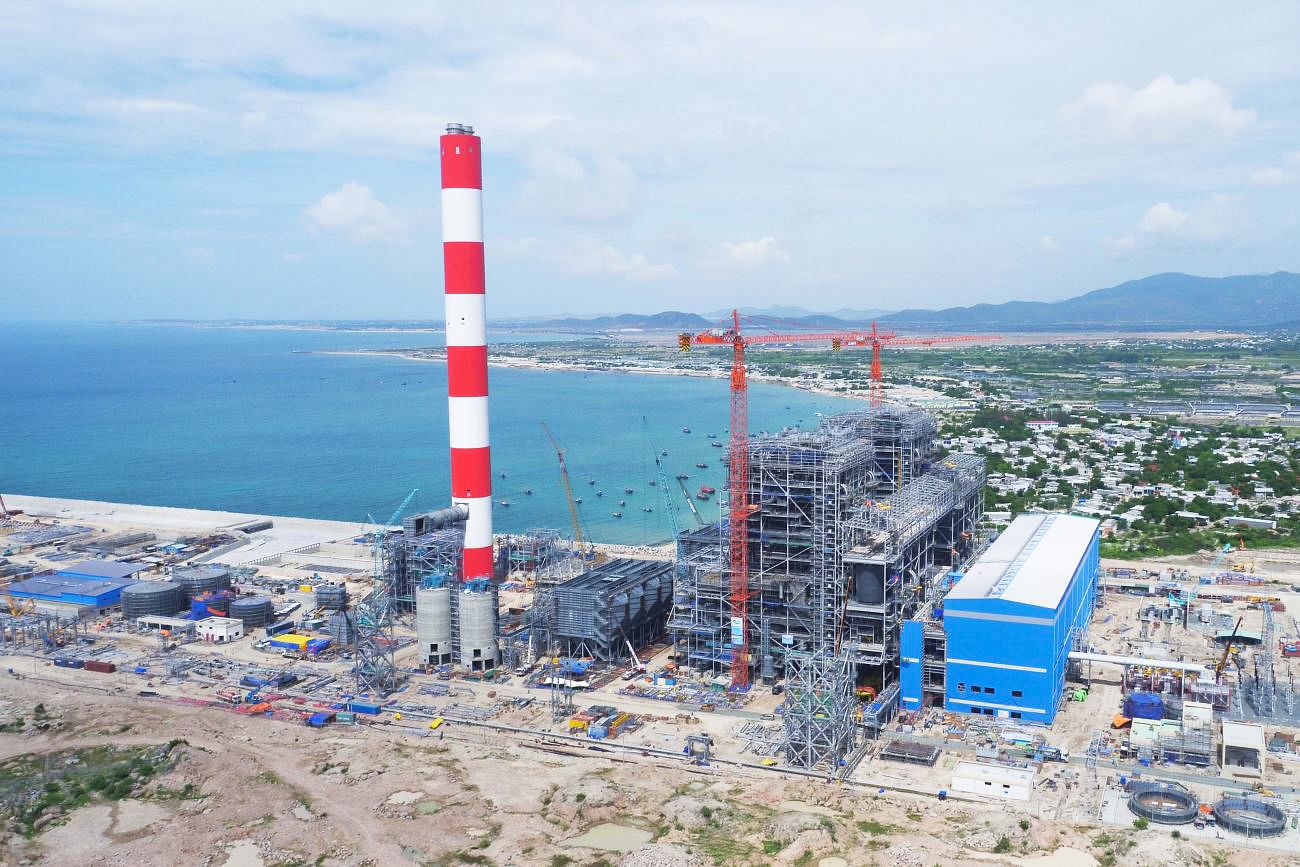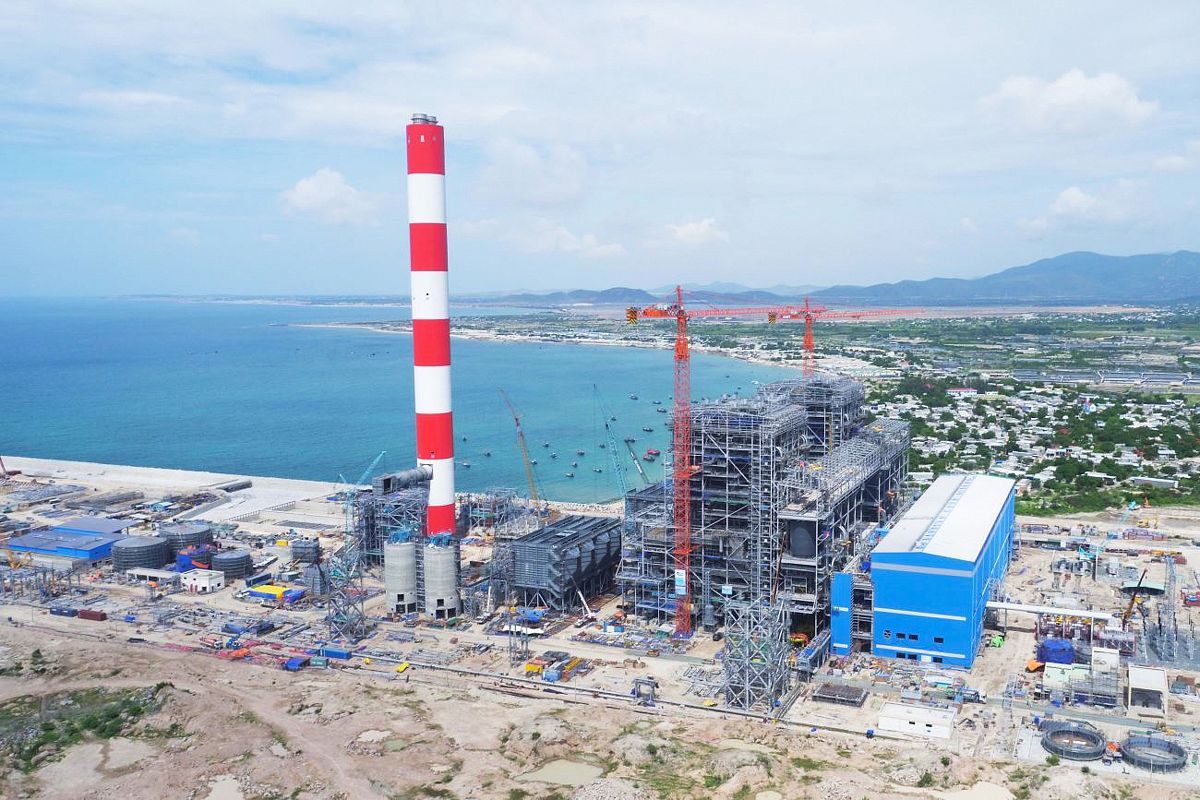Ocean Cleanup is a non-governmental organization found by Dutch engineer Boyan Slat, who aims to remove plastic from the ocean using technology.
On October 26, Slat rolled out Ocean Cleanup's newest design, the Interceptor, a trash collecting system that features a conveyor belt attached to a ship. The belt will help gather trash near the ship so it can be collected. The machine is designed to pick up plastic in rivers to prevent it from entering the ocean. According to Tuoi Tre, the system will be piloted in Can Tho after being tested in Indonesia and Malaysia.
After starting in 2013, the project began its first trial of the collecting system in late 2018, which failed to collect any plastic and ended up breaking in half. The team behind the project has since then made revisions, which resulted in the newest design.
However, it is still too early to conclude if such a device will have a positive impact on ocean plastic pollution. Back in 2014, many ocean scientists expressed major concerns about the project. Dr. Kim Martini, a physical oceanographer, and marine biologist Miriam Goldstein published a long critical assessment of the project's feasibility and found major design flaws with the system.
Other oceanographers and biologists suggest that the machine could do more harm than good, as the device cannot distinguish between plastic and living things. One example would be the neuston, which looks similar to plastic pieces. Boyon Slat and his team at the Ocean Cleanup are aware of these concerns and have produced an Environmental Impact Assessment, which was published in 2018. It’s unclear if such an impact study will be conducted again for the new device, or how it works differently in rivers compared to the ocean.
Several other questions remain unaddressed. The scientists were not just criticizing the device’s design details, but also its original premise. Some pointed out the project’s lack of understanding about ocean plastic problems, which is mostly caused by small and widely-dispersed pieces of plastic that a tube or belt can't catch. On the contrary, putting a large device on the water surface in the hope of catching plastic pieces might end up breaking them into smaller parts and harm the ocean more.
Alexander Bond, senior curator in charge of the Bird Group at The Natural History Museum in the United Kingdom, tells The Verge that the appeal of the miracle cleanup tech also contributes to delaying many from taking the real solution, which is to control production and consumption of plastics.
Chris Clarke, who now works at the National Parks Conservation Association, noted in 2015 that beach cleanups of garbage that has washed ashore are just as effective as the system, without potentially harming wildlife.
[Photo via Wired]













